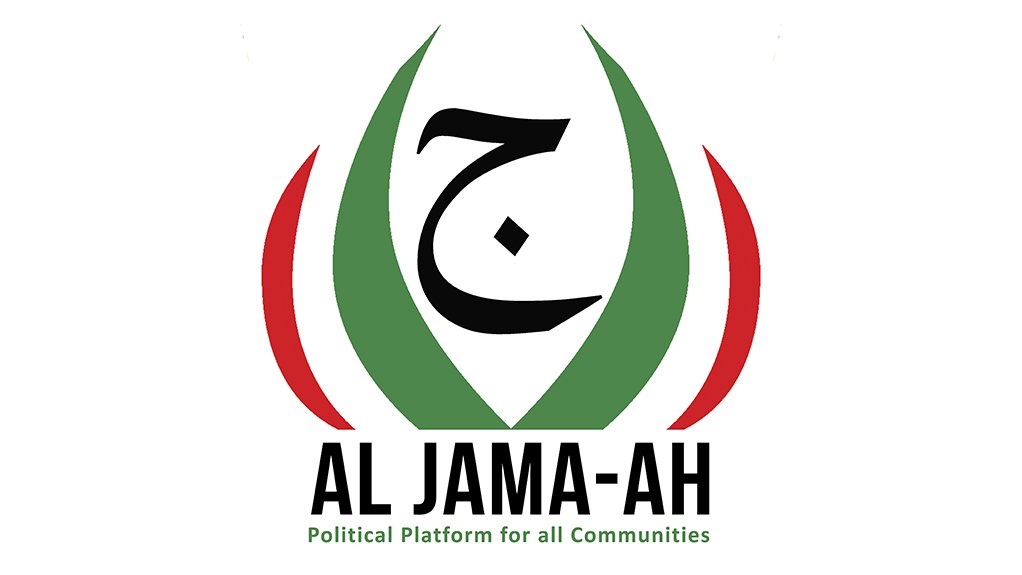Professor Muhammed Haron, a researcher at Al-Jama’ah, anticipates that the South African government will face difficulties consolidating various existing marriage laws into a single legislative framework as he discusses the proposed changes to the marriage bill.
In an interview with Salaamedia, Professor Haron highlighted several concerns and challenges that lawyers and advisors affiliated with Al-Jama’ah identified. One of the significant concerns pertains to the ongoing matter of state recognition of traditional and religious marriages.
“The act that the government tries to put into place is not going to go down well, to put it mildly. Because many other communities will also want to be clear as to how the government is going to recognise Hindu marriages, Jewish marriages or African traditional marriages.”
Challenges with the Marriage Bill
The proposed bill presents a promising initiative to consolidate the fragmented marriage legislation and tackle the gaps in current legislation and challenges surrounding marriage recognition faced by different traditional and religious communities.
Nevertheless, Professor Haron foresees potential dissatisfaction among specific communities due to the bill’s oversimplification and lack of specificity and definition in certain aspects. However, South Africans can submit recommendations to the Department of Home Affairs until 31 August.
Furthermore, according to Professor Haron, the bill does not adequately consider its potential implications on other related acts, including the Divorce and Maintenance Act.
“No community will be satisfied with what the government has put forward. It might be a great idea, ideally, for the government, but I think for our communities there’s a variety of issues because you’re not just dealing with one marriage bill. The implications of this bill on other acts will also be a concern whether it is on the Maintenance Act, Divorce Act or the Children’s Act. So all of these acts will inevitably be affected by this.”
SMread| Students struggle as NSFAS Introduces new banking system
The Muslim Marriage Bill
Several months ago, Ganief Hendricks, the leader of Al-Jama’ah, presented the Muslim Marriages Bill to Parliament. The purpose of this bill was to secure the recognition of Muslim marriages as legally binding and valid marriage contracts.
According to Professor Haron, when Al-Jama’ah initially submitted the bill, they were advised to set it aside temporarily rather than abandoning it altogether. They were instructed to wait for this particular comprehensive bill which will encompass various aspects, including the Muslim Marriage Bill.
However, Professor Haron expresses that he will only believe the, decades-long, struggle for marriage recognition has ended once the proposed changes prove favourable and subsequently recognise both traditional and religious marriages. Only then will the goal be achieved, in his perspective.
“The Home Affairs Minister, Mr Aaron Motsoaledi and our party leader under Ganief Hendricks agreed to sort of to park [the bill] not to abandon it but just to park it for now and to see what this one-sided bill will be bringing to the table … And of course, the promise has been made that if and when this one statute bill comes into effect, it will accommodate the Muslim marriage bill as had been charted down by the party. There is sort of that understanding, but whether that will really happen in the end, I think it’s something that we will see.”
